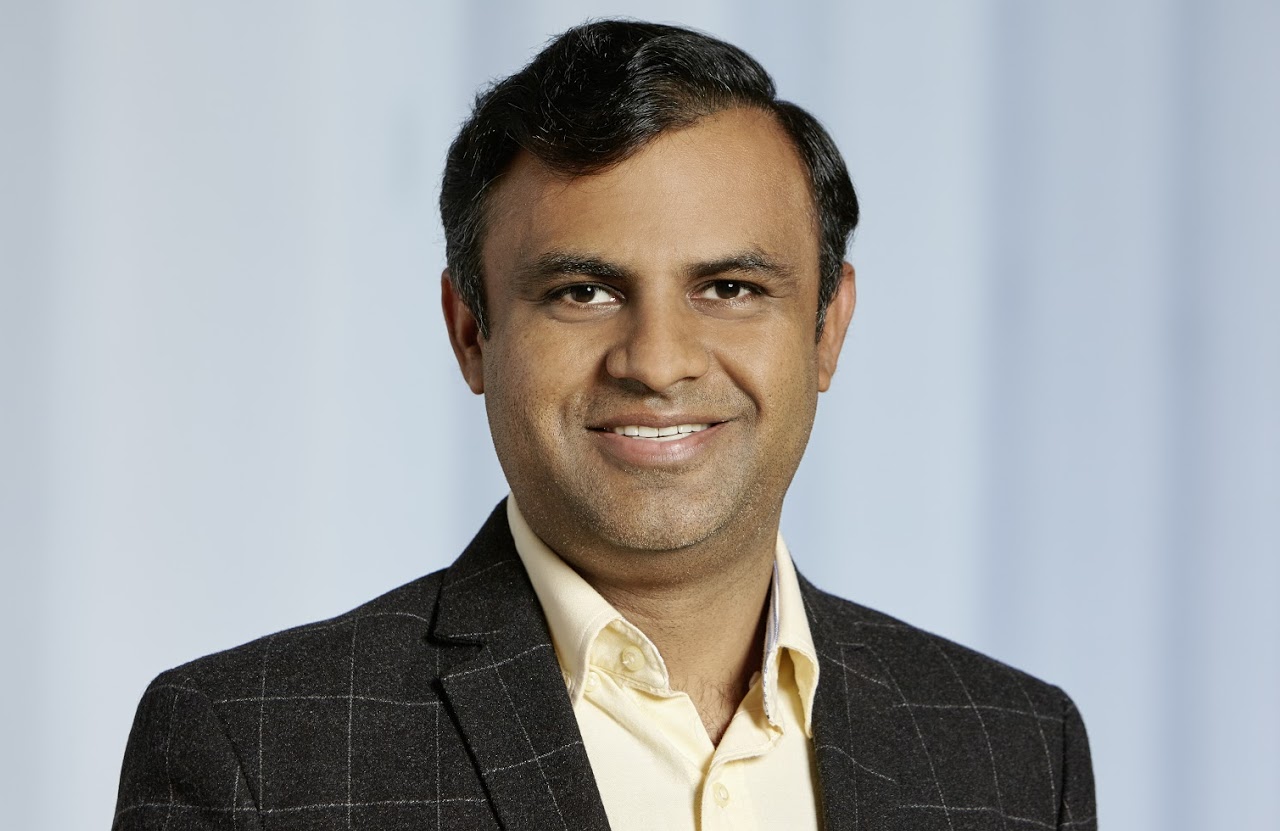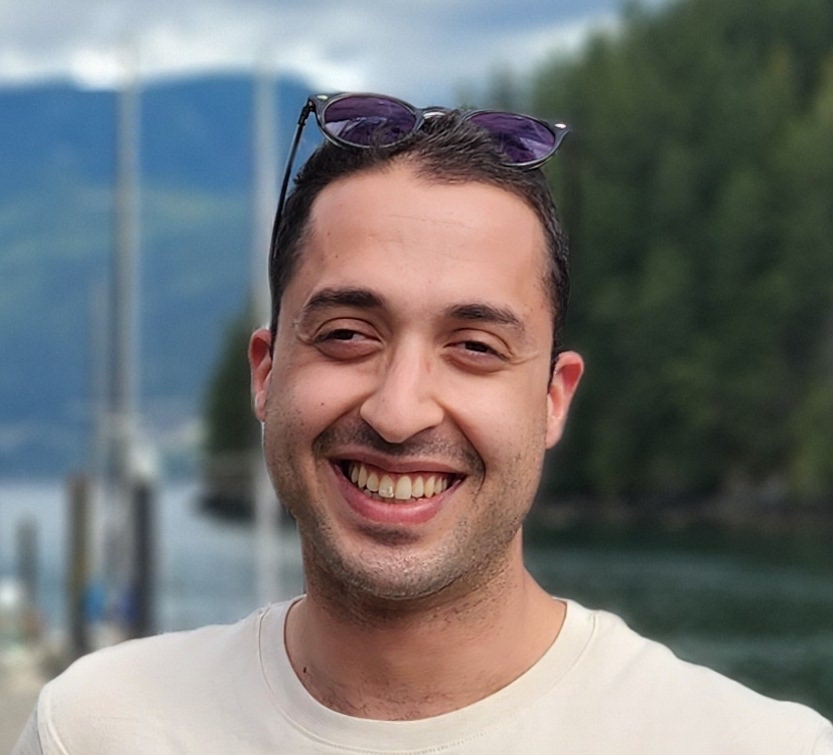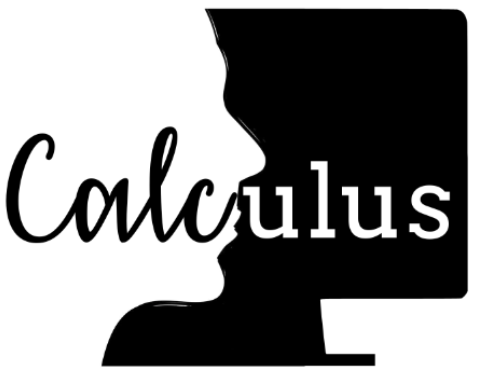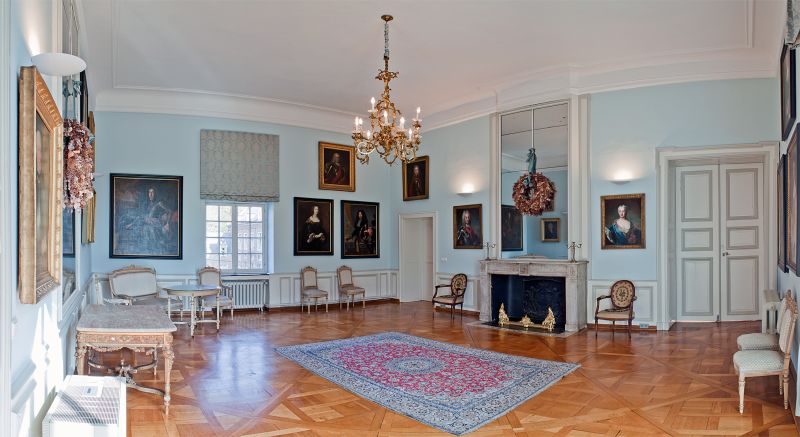Thank you!
The Symposium has now concluded successfully. Our heartfelt thanks go to all the speakers, attendees, and the organizing team for their invaluable contributions. For those interested in revisiting the event, we have made the speakers’ slides and talks available where possible. Access them via the link provided in the Schedule section.
Summary
As part of the ERC Horizon 2020 Advanced Grant “Commonsense and Anticipation enriched Learning of Continuous representations sUpporting Language UnderStanding” (CALCULUS), the CALCULUS Symposium highlights novel approaches in natural language understanding, an important subfield of artificial intelligence. The symposium aims to encourage discussion among researchers on realizations and challenges, and will explore topics related but not limited to:
- Anticipatory and causal representation learning
- Brain-inspired machine learning
- Commonsense reasoning
- Continual learning
- Multi-modal representations grounded in the physical world
- Spatiotemporal reasoning
- Structured and compositional representation learning
- Text-to-image synthesis and control
The Symposium will take place at Arenberg Castle in Leuven, Belgium, between 29-30 January 2024. It will feature 16 research talks from the CALCULUS team and 4 in-person keynote lectures by Mrinmaya Sachan, James Henderson, Mariya Toneva and Yuval Alaluf. Additionally, we invite the submission of abstracts to be presented as posters at the Symposium.
Schedule
Monday, January 29th, 2024: Human-inspired Learning
- 12:00-12:30: Registration and coffee
- 12:30-12:45: Opening talk: Prof. Dr. Marie-Francine Moens (CALCULUS PI) 📊 🗣️
- 12:45-13:45: Prof. Dr. Mrinmaya Sachan (ETH Zürich): Towards a more Literate AI, and AI powered Learning Technologies 🗣️
- 13:45-15:15: Session 1: Inference and Learning of New Knowledge
- Dr. Vladimir Araujo: Prediction and Integration for Natural Language Understanding 📊 🗣️
- Aristotelis Chrysakis: Continual Learning: How Neural Networks Expand their Knowledge 📊 🗣️
- Ruben Cartuyvels: Explicitly Representing Syntax Improves Sentence-to-layout Prediction of Unexpected Situations 📊 🗣️
- 15:15-15:30: Coffee break
- 15:30-16:30: Dr. James Henderson (Idiap Research Institute): Bayesian Language Understanding with Nonparametric Variational Transformers 📊 🗣️
- 16:30-18:00: Session 2: Anticipation and Brain-inspired Representation Learning
- Mingxiao Li: Controllable Text to Image and Video Generation and Its Application in Commonsense Reasoning 📊 🗣️
- Dr. Florian Mai: Large Language Models with a Working Memory
- Dr. Jingyuan Sun: Brain Encoding and Decoding for Visual and Language Perception 📊 🗣️
Tuesday, January 30th, 2024: Multi-modal Learning
- 8:45-9:00: Registration
- 9:00-9:15: Opening talk: Marie-Francine Moens (CALCULUS PI) 📊 🗣️
- 9:15-10:15: Prof. Dr. Mariya Toneva (Max Planck Institute Saarbrücken): Language Modeling Beyond Language Modeling 📊 🗣️
- 10:15-10:30: Coffee break
- 10:30-12:00: Session 3: Multi-modal Representation Learning
- Dr. Damien Sileo: Visual Grounding Strategies for Text-Only Natural Language Processing 📊 🗣️
- Nathan Cornille: Causality and Representation Learning 📊 🗣️
- Dr. Graham Spinks: Generating Textual and Visual Explanations of Radiography Images 📊 🗣️
- 12:00-13:30: Lunch and poster presentations
- 13:30-14:30: Yuval Alaluf (Tel Aviv University): Exploring the Creative Possibilities of Generative Models 📊 🗣️
- 14:30-14:45: Coffee break
- 14:45-16:00: Session 4: Multi-modal Learning with Structures
- Victor Milewski: Structured Representations in Visual and Language Data, and Their Correlations 📊 🗣️
- Dr Maria Truşcǎ: Text-based Control for Image Manipulation 📊 🗣️
- CALCULUS Demo: The Machine As a Movie Director: Generating a Video from a Textual Story
- 16:00-16:15: Closing talk: Prof. Dr. Marie-Francine Moens (CALCULUS PI)
Keynote speakers

Dr. James Henderson
Idiap Research Institute
Bayesian Language Understanding with Nonparametric Variational Transformers
James Henderson is a Senior Researcher at the Idiap Research institute, Switzerland, where he heads the Natural Language Understanding group. He is currently an Action Editor for the journal Transactions of the Association for Computational Linguistics (TACL). He worked previously at University of Geneva, Xerox Research Centre Europe, University of Edinburgh, and University of Exeter, and received his PhD from University of Pennsylvania. His research is in the area of machine learning methods for natural language processing, including the earliest successful work on neural networks for syntactic parsing, recent graph-to-graph versions of Transformers, and current work on variational-Bayesian attention-based representation learning for entity disentanglement.

Prof. Dr. Mariya Toneva
Max Planck Institute for Software Systems
Language modeling beyond language modeling
Mariya Toneva is a tenure-track faculty at the Max Planck Institute for Software Systems, where she leads the BrAIN (Bridging AI and Neuroscience) group. Her research is at the intersection of Machine Learning, Natural Language Processing, and Neuroscience, with a focus on building computational models of language processing in the brain that can also improve natural language processing systems. Prior to MPI-SWS, she was a C.V. Starr Fellow at the Princeton Neuroscience Institute and obtained her Ph.D. from Carnegie Mellon University in a joint program between Machine Learning and Neural Computation.

Prof. Dr. Mrinmaya Sachan
ETH Zürich
Towards a more Literate AI, and AI powered Learning Technologies
Mrinmaya Sachan is an Assistant Professor of Computer Science at ETH Zurich. His research is in the area of Natural language processing and the interface of Machine learning and Education. Prior to this position, Mrinmaya was a Research Assistant Professor at TTI Chicago. Before that, he received a Ph.D. from the Machine Learning Department at CMU and a B.Tech. in Computer Science from IIT Kanpur where he received an Academic Excellence Award. He has received several awards for his work, including an outstanding paper award at ACL 2015, an IBM PhD fellowship, the Siebel scholarship and the CMU CMLH fellowship. His current research is funded by grants from the Swiss National Science Foundation, the ETH Zurich foundation and Haslerstiftung.

Yuval Alaluf
Tel Aviv University
Exploring the Creative Possibilities of Generative Models
Yuval Alaluf is a PhD student studying Computer Science at Tel Aviv University, advised by Prof. Daniel Cohen-Or. Yuval’s current research centers around image generation and image editing, with a particular focus on using large vision-language models to provide users with more creative freedom.
Abstract Submission Guidelines
The researchers are invited to submit a single-page abstract of already published or ongoing work.
During the symposium, the abstracts will be presented as posters. The abstracts should be related to the topics and talks of the CALCULUS symposium.
Each submission should contain:
- Title of the presentation.
- Name and the affiliation of the authors.
- Abstract
- References
You can download the template here.
Please submit your abstracts via email to calculus-sym@cs.kuleuven.be. The deadline for submissions is January 22, 2024 (extended from January 7). The abstracts will be reviewed with respect to their topical fit and acceptance notifications will be made on a rolling basis. The abstracts are non-archival; they will not be published and parallel submissions are allowed. Abstracts should be presented as A1-size posters.
Accepted abstracts:
- Mariya Hendriksen, Shuo Zhang, Ridho Reinanda, Mohamed Yahya, Edgar Meij, and Maarten de Rijke: “Towards Evaluating Vision-Language Models: Image-Caption Retrieval Perspective”
- Jonas Groschwitz, Shay B. Cohen, Lucia Donatelli, and Meaghan Fowlie: “Where Semantic Parsers Succeed and Where They Fail: GrAPES, the Granular AMR Parsing Evaluation Suite”
- Femke Bakker, Ruben van Heusden and Maarten Marx: “Timeline Extraction from Decision Letters Using ChatGPT”
- Quanqi Du, Sofie Labat, Thomas Demeester and Veronique Hoste: “Unimodalities Count as Perspectives in Multimodal Emotion Annotation”
- Ephrem Afele Retta and Richard Sutcliffe: “Cross-Corpus Multilingual Speech Emotion Recognition: Amharic vs. Other Languages”
- Liesbeth Allein, Maria Mihaela Truşcǎ and Marie-Francine Moens: “Interpretation Modeling: Social Grounding of Sentences by Reasoning over Their Implicit Moral Judgments”
- David Kaczér and Florian Mai: “MuZero for Dialog Planning”
- Philipp Borchert, Jochen De Weerdt and Marie-Francine Moens: “Continual Adaptation in Few-Shot Relation Extraction”
- Quentin Meeus, Sien Moens and Hugo Van hamme: “Whisper-SLU: Extending a Pretrained Speech-to-Text Transformer for Low Resource Spoken Language Understanding”
- Helena Balabin, Antonietta Gabriella Liuzzi, Jingyuan Sun, Patrick Dupont, Rik Vandenberghe and Marie-Francine Moens: “Investigating Neural Fit Approaches for Sentence Embedding Model Paradigms”
- Marijke Beersmans, Evelien de Graaf, Alek Keersmaekers, Tim Van de Cruys and Margherita Fantoli: “The Use of Large Language Models for Named Entity Recognition in Latin and Ancient Greek”
- Bram Van Roy and Tim Van de Cruys: “Less is Enough: Less-Resourced Multilingual AMR Parsing”
- Tim Van de Cruys: “TENACITY: Tensors and Neural Networks for Computational Creativity”
Date and Venue
The event will take place at the beautiful Arenberg Castle (Arenbergkasteel) in Leuven, Belgium between 29-30 January 2024.
Location: Kardinaal Mercierlaan 94, 3001 Leuven.
Learn how to reach it here.
Registration
You can register here.
| Event Date |
Registration Fee |
| Day 1 (29 January 2024) |
€10 (includes coffee breaks) |
| Day 2 (30 January 2024) |
€20 (includes lunch and coffee breaks) |
The registration fee is VAT exempt based on article 44 § 2, 4° of the Belgian VAT directives. Registration fees must be paid in Euro (€) by bank transfer, credit card or invoice.
Registration process
To register, please complete our registration form. You can find the registration form by clicking on the ‘Register’ button at the top of this page.
The registration form for individual registrations consists of 4 steps:
Step 1 - General information: Please include your personal information on this page. Please note that we will use the email address provided for all information regarding the CALCULUS Symposium 2024.
Step 2 – Code: This step is only relevant for sponsors, invited and keynote speakers or the organisation. If you are not an invited speaker or part of the organisation, please click next.
Step 3 - Select your fee: Please select the fee that is applicable to you.
Step 4: Payment information: In this final step, you can indicate your preferred method of payment. You can pay via credit card or bank transfer. If you, however, require an invoice, please select ‘bank transfer’ and contact calculus-sym@cs.kuleuven.be. The invoice will be sent to you by email, including corresponding payment instructions. Please do not pay before receiving the invoice.
Important invoice information: If you have already paid your registration by credit card or bank transfer, you will still be able to receive a proof of payment, indicating the amount. However, it will no longer be possible to receive an official invoice. Therefore, if you require an invoice, please contact us first and wait for your payment until you receive your invoice.
You will receive a first email with an automatic confirmation that the registration has been received. This email will also contain all payment details. All payments should be made in advance in Euro (EUR, €) within 4 weeks after your registration. If we have not received your payment within 4 weeks after registering, we shall cancel your registration.
After payment, you will receive a second email confirming that we have received your payment. If you did not receive these emails, either your registration and/or payment was unsuccessful. Should this happen, please contact calculus-sym@cs.kuleuven.be.
Cancellation policy
- Cancellation of registration received until 15 January 2024: full reimbursement of the fee.
- Cancellation of registration received after 15 January 2024: no reimbursement of the registration fee.
Cancellations will be accepted in writing only (calculus-sym@cs.kuleuven.be) and must be received by the stated cancellation deadline. All refund requests must be made by the attendee or credit card holder.
Organizing team
Acknowledgement
“This symposium is part of a project that has received funding from the European Research Council (ERC) under
the European Union’s Horizon 2020 research and innovation programme (Grant agreement No. 788506).









